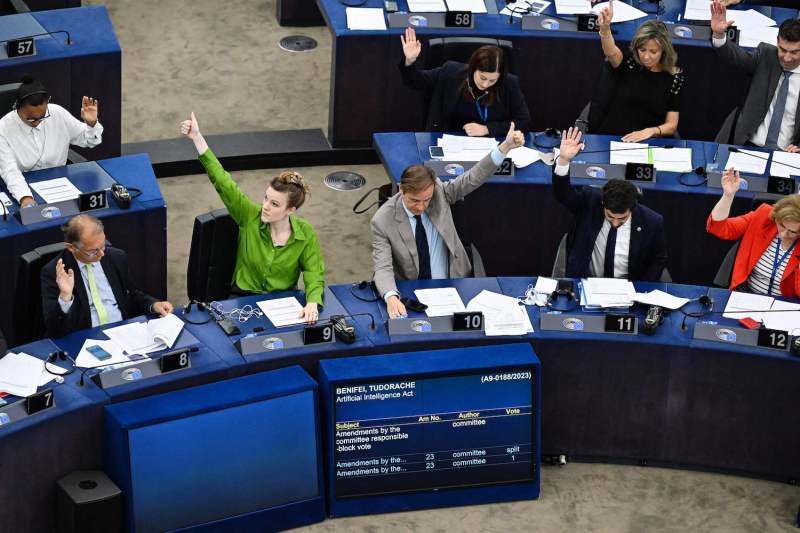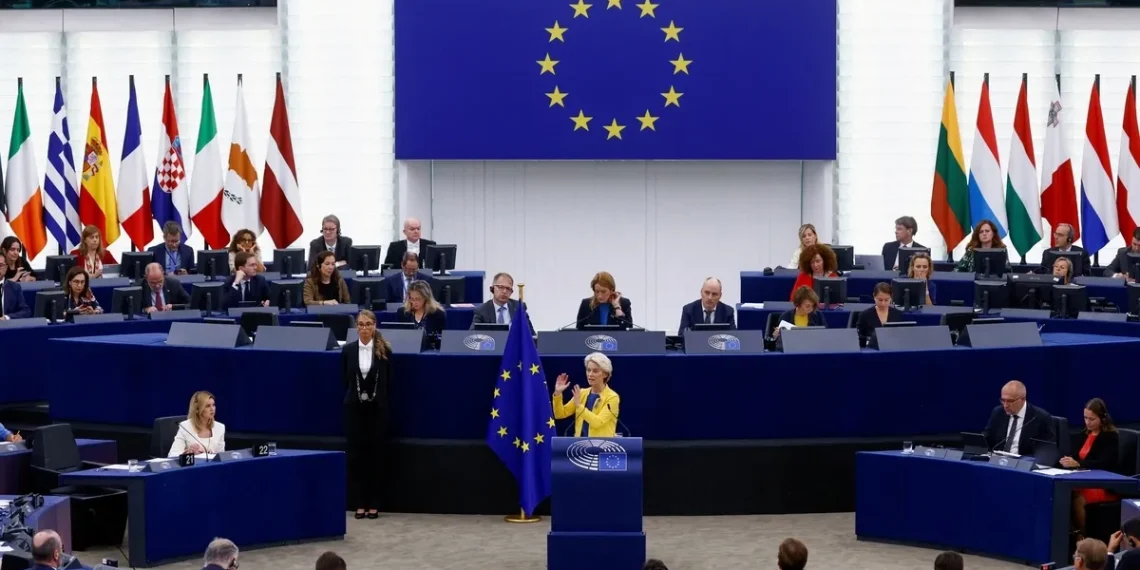Lawmakers at the European Parliament took a significant step forward on Tuesday by ratifying a provisional agreement on landmark artificial intelligence (AI) rules. This decision sets the stage for a crucial vote in April, which is poised to establish the world’s first legislation dedicated to regulating AI technology.
Dubbed the AI Act, these new rules are designed to provide a framework for managing a technology that permeates various sectors, from banking and automotive to electronics and aviation, as well as applications in security and law enforcement.
The regulations will extend to foundation models or generative AI systems, such as those developed by Microsoft-backed OpenAI, which possess the ability to learn and adapt from large datasets to perform diverse tasks.
In endorsing the agreement, MEPs from two key European Parliament committees, the Committee on Civil Liberties, Justice and Home Affairs (LIBE), and the Committee on the Internal Market and Consumer Protection (IMCO), emphasized the Act’s focus on ensuring safety and upholding fundamental rights.
The endorsement follows earlier approval from EU member states, with France securing concessions aimed at reducing administrative burdens on high-risk AI systems and enhancing protections for business secrets.
However, despite the progress made, major tech companies remain cautious. They have expressed concerns about the ambiguous language used in some requirements and the potential impact of the legislation on innovation.

This sentiment underscores the delicate balance policymakers must strike between regulating AI to safeguard against risks while fostering an environment conducive to technological advancement.
As the world eagerly awaits the outcome of the European Parliament’s vote in April, the significance of this legislation cannot be overstated. It represents a critical milestone in shaping the future of AI governance and sets a precedent for other regions grappling with similar regulatory challenges.





